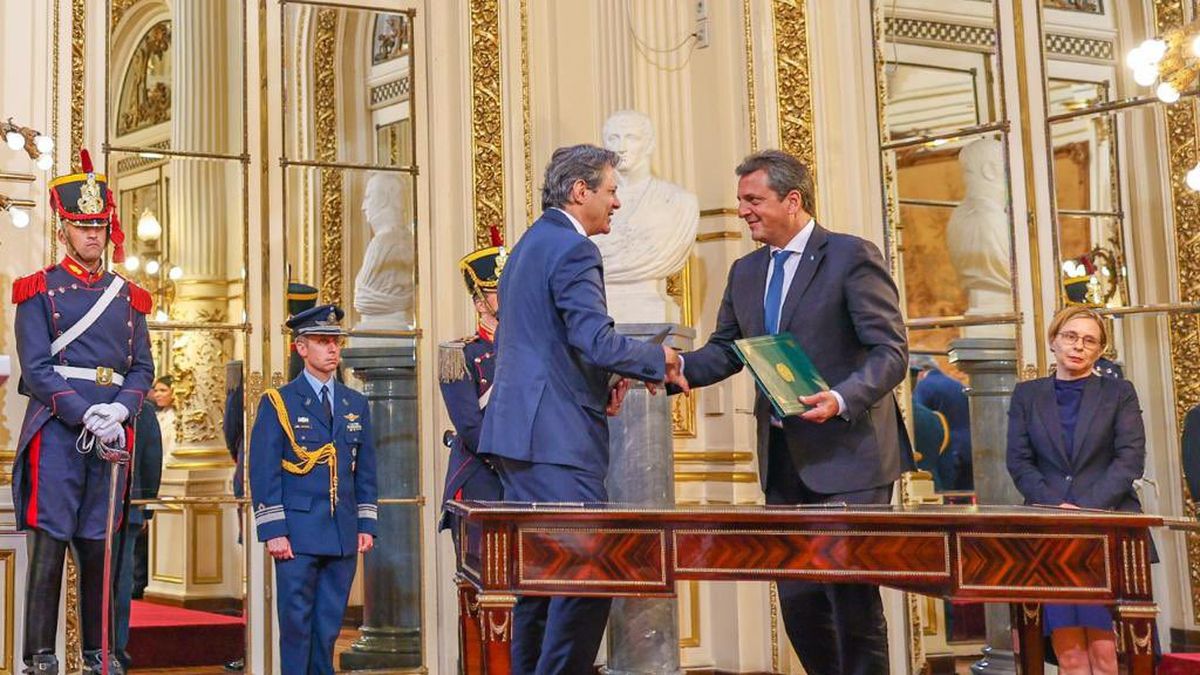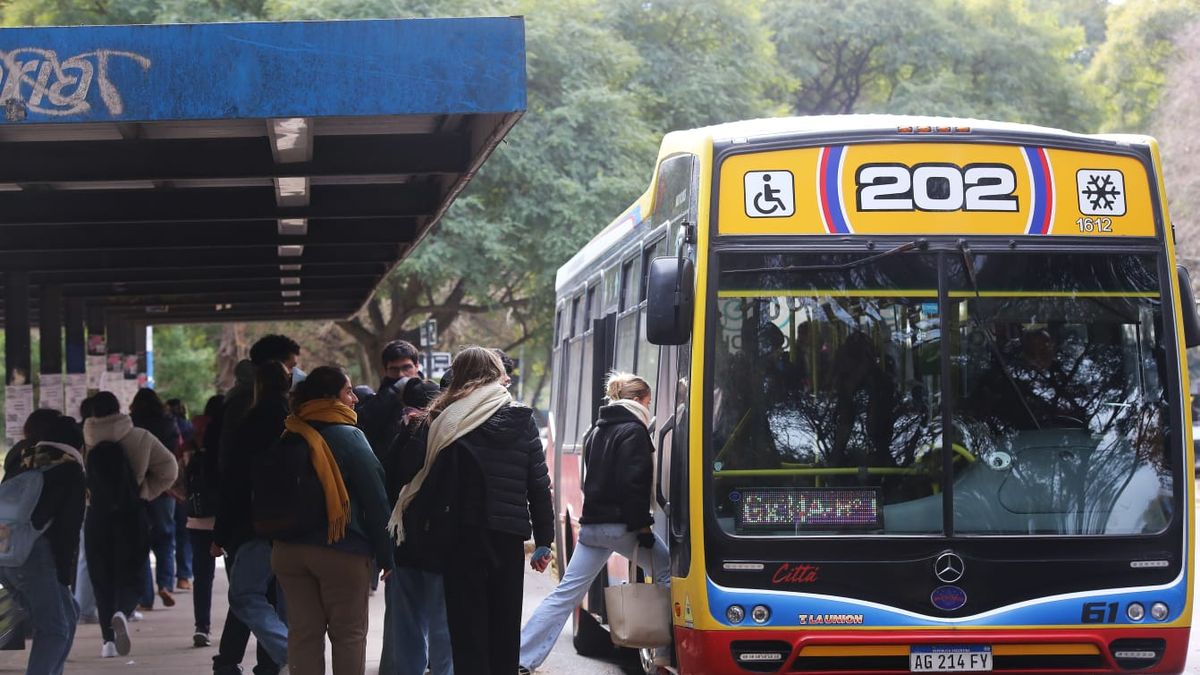Although the officials leave for Brasilia on Wednesday, the meetings will take place on Thursday, together with the Minister of Mines and Energy of Brazil, Alexandre Silveira. As this newspaper learned, among the main issues will be the purchase of electricity from Brazil and the shipment of Bolivian gas to Argentina, so that the Government can ensure energy supply in 2023.
These negotiations take place because although the Government trusts that it will arrive with the first section of the Néstor Kirchner gas pipeline, this will not mean energy self-sufficiency. In the Economy they bet that They will arrive with the works in Junegiven the need for energy but also for the exchange rate: they believe that having the gas pipeline will lower energy imports, which were record last year, and thus it will be possible to “compensate” the lower inflow of dollars as a result of the drought in the agricultural sector.
Dead Cow to Brazil
One of the great agendas to resolve is how the BNDES financing to the Brazilian industry for the provision of inputs for the construction of the following sections of the gas pipeline. “Brazil is in need of gas, it was seen last year with all that they imported in LNG, and Bolivia is also in decline,” said a source from the Energy team.
As they explained, there are two ways to get the gas from Vaca Muerta to Brazil. On the one hand, with Bolivia as a link: with the second stage of the gas pipeline, so that it reaches from Salliqueló, in the province of Buenos Aires, to San Jerónimo, in Santa Fe, and then using the current network that exists in the north of the country and also in Bolivia to reach Brazil. “There you don’t need much more infrastructure, but you depend on the Bolivian crossing, so they don’t cut your key or ask you for an excessive transportation fee,” they explained. The other option is for Brazil to build a gas pipeline of about 600 km, that is, about US$1.8 billion, to connect with San Jerónimo and export directly there.
The Minister of Economy, Sergio Massahad confirmation that the Development Bank of Latin America (CAF) will finance US$540 million for the construction of the La Carlota-Tío Pujio gas pipeline, the northern reversal and the compression plants. It is not clear how much gas Argentina will export to Brazil: it will also have to be defined how much will be consumed in the domestic market, since it will be possible to supply the north of the country.
At the moment, the engineering part has been carried out, but not the bidding for the civil works, which has not yet been launched. In dialogue with journalists, the businessman Marcelo Mindlinowner of the construction company Sacde (of the Pampa Energía group) revealed that they are investing to be able to participate in the process.
Lithium and SMEs
A prominent theme of the meeting will be to achieve integration with Brazil in relation to the lithium. On the one hand, because there are Brazilian investors interested in adding to the value chain of the electromobility. Argentina has the mineral and, like Brazil, several automotive terminals, so there could be integration in this matter. The electromobility bill that is in Congress will soon fall and the Government is working on a new one.
For this reason, the Undersecretary of Mining, Pamela Morales. In addition, on the agenda will be how to advance in joint exploration, not only in lithium, but also in copper, iron ore, potassium and other raw materials. A few months ago I had traveled Rodolfo Suarez, Governor of Mendoza, to Brazil in search of investment. Brazil produces iron that Argentina imports. But Brazil also imports a lot of potassium that Argentina could supply in the future from the Rio Colorado project, which could help balance the trade balance between the two countries.
What is not clear is how much progress will be made with the announced financing to expand foreign trade. The president of Banco Nación, Silvina Batakis, invited by Massa. During the visit to Argentina of Fernando Haddad, Minister of Finance of Brazil, announced the commitment to implement a 366-day import financing line between Banco de la Nación and Banco do Brasil. According to official sources, the amount is not defined. But since Banco Nación aims to make US$500 million available to finance imports, with rates between 6 and 12%.
As explained by Banco Nación, this is possible because the bank has reciprocity in lines of credit with branches abroad that the entity has. This was explained by Nación sources: “The bank cannot ask the Central Bank for dollars to lend, but it can lend the profitability it obtains from its branches abroad. Banco Nación is profitable and will be available to the productive sector.” . Last year the financing in dollars did not reach US$ 200 million, for which they aspire to more than double funding by 2023.
Source: Ambito




